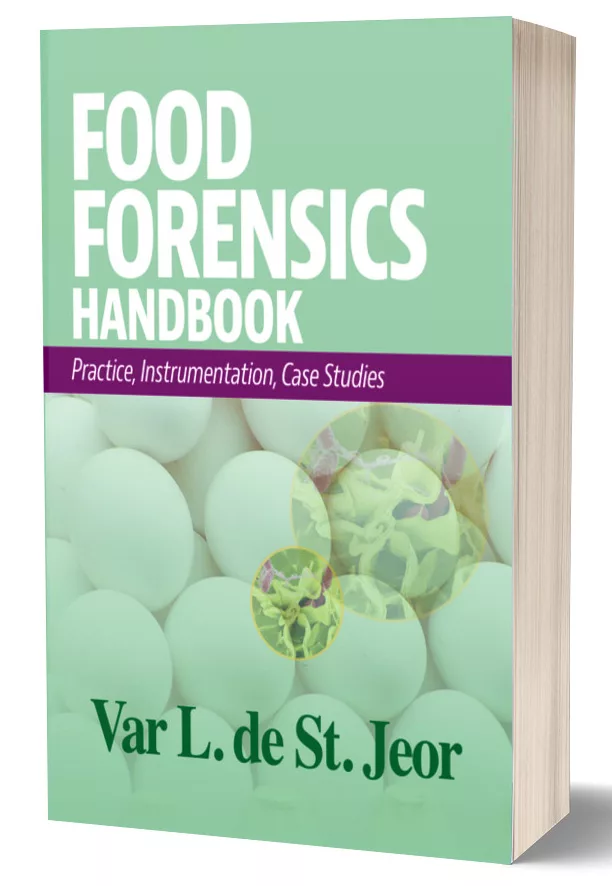How FSMA impacts new product development
New product development teams must ensure their activities are aligned with the requirements of FSMA.

The key to a successful research and development program is creativity, food science, food safety and regulatory compliance.
Creativity is essential in identifying the next product or improving an existing product. Food science provides the knowledge necessary to turn creative ideas into reality. Food safety must always be a significant component in product development. And, regulatory compliance ensures that no matter how new or unique a food may be, it must be safe and in compliance with regulations.
That’s why new product development teams must ensure their activities are aligned with the requirements of the U.S. Food and Drug Administration’s (FDA) Food Safety Modernization Act (FSMA). Concern for FSMA compliance is not restricted to FDA-regulated companies and products. Companies inspected by the USDA and/or Food Safety Inspection Service (FSIS) should also be aware of FSMA as it relates to the ingredients they purchase and the acceptability of the suppliers they select.
Here’s an outline of how FSMA impacts R&D activities:
GMP COMPLIANCE
Good Manufacturing Practices (GMPs) define the fundamentals of food safety and compliance, which is essential during the early stages of product development or when scaling up for full production. These updated requirements added details for the control of allergens and animal foods under 21CFR Part 117 for foods under FDA.
The hazard analysis
A facility’s food safety team, including the preventive controls qualified individual (PCQI) and R&D personnel must be aware of potential ingredients or future processing procedures that may introduce new or increased biological, chemical (including radiological hazards) or physical hazards. They must also consider economic fraud (i.e. could cause a health hazard) and how it could contribute to risk. The facility’s PCQI is also responsible for the contents of the food safety plan based on known hazards. It is best to minimize or eliminate unnecessary ingredients, allergens and hazards that could make it more difficult to develop, implement and maintain the food safety plan. All reasonable hazards are to be included in the hazard analysis, which determines whether one or more preventive controls are required by the Preventive Control Regulation.
Process Preventive Controls
Process Preventive Controls (PPC) prevent or eliminate a food safety hazard or reduce the hazard to an acceptable level. CCPs must have scientifically based critical limits to control the hazard, monitor and take corrective action.
Sanitation, allergen and supply chain preventive controls
The R&D and food safety team must look beyond the process and flow chart. Changes may add risk in a manner not subject to an existing processing step for direct control. For example, new equipment, employees or material traffic patterns can cause environmental changes. Even a new supplier may ship an item with familiar allergen ingredients, but it could display a disclaimer statement indicating a shared equipment allergen risk. These types of hazards also require control, monitoring and corrective action. The R&D team must consider how such changes could impact the whole company.
Looking for quick answers on food safety topics?
Try Ask FSM, our new smart AI search tool.
Ask FSM →
SAMPLE TESTS
At times, R&D may want to send out experimental products to determine if full production and an update of the plan is necessary. Certain supply chain controls are not required if samples are not intended for retail sale, not sold or distributed in the public, labeled “for research or evaluation use,” supplied only in small quantity and accompanied with a statement prohibiting sales or public distribution. Once a new product fails to comply with the list above, it requires a complete and accurate food safety plan.
Creativity and compliance
The best advice for R&D is to restrict experimental products from finished product handling and processing areas. Isolate and restrict access to even small quantities of stored R&D items, so they do not impact the finished product. As projects move from experimental to samples to finished items, work closely with a PCQI to ensure compliance or adjustments to the facility’s food safety plan and document success stories as part of validation.








